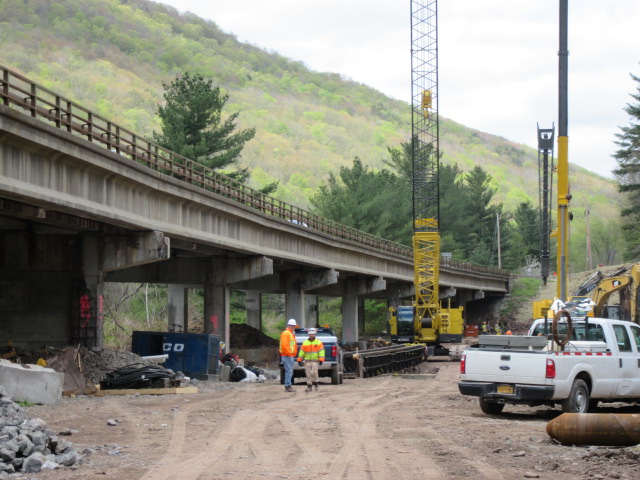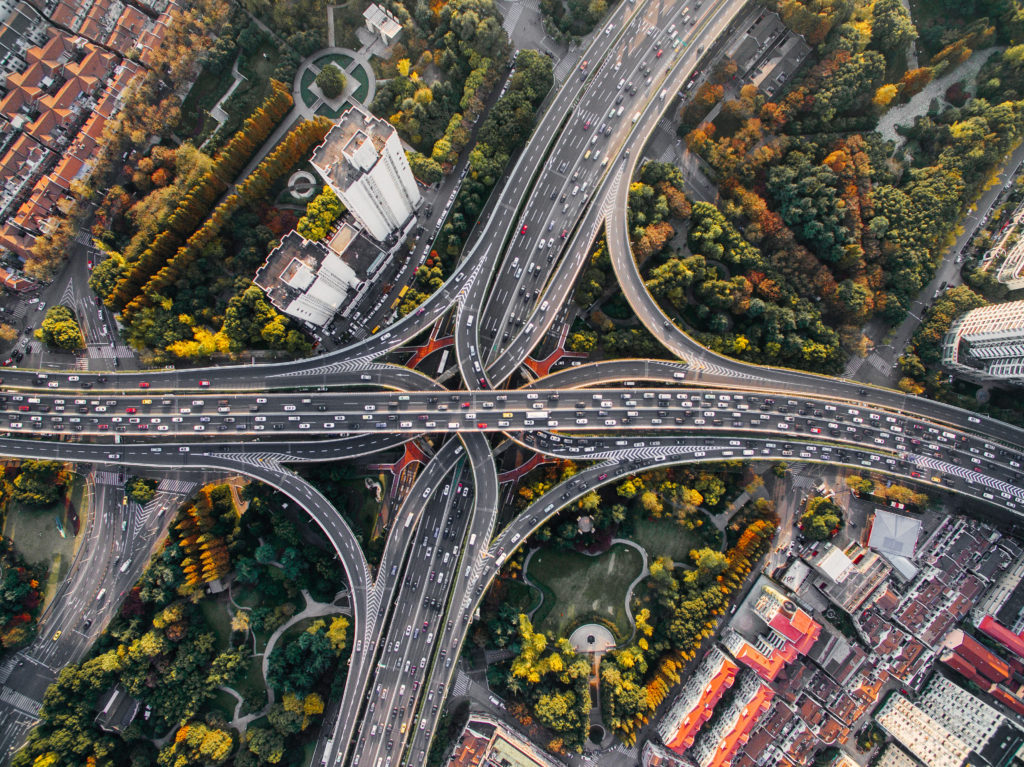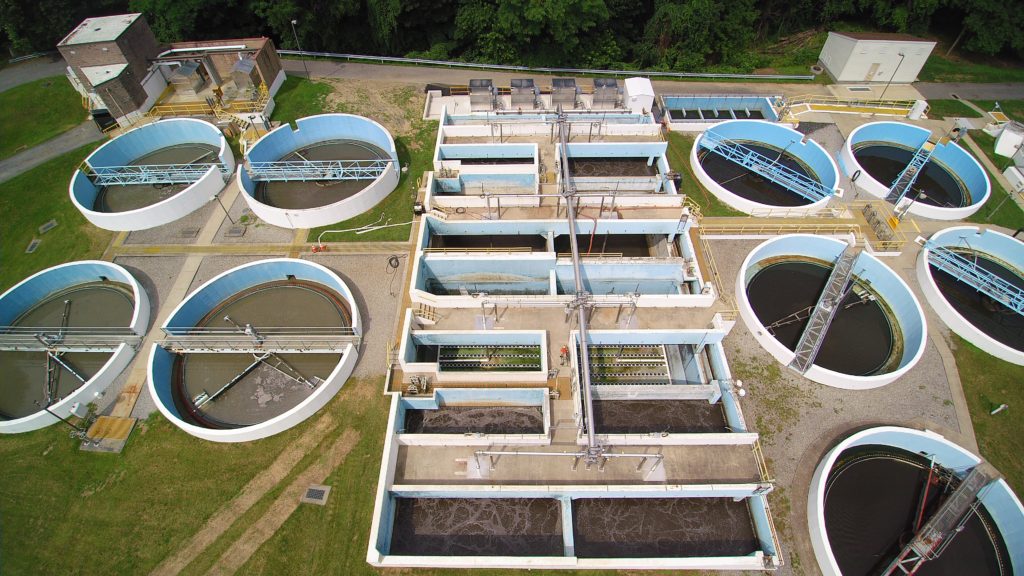
What are public works?
Public works include a broad range of services that our municipalities provide to us every day. From water and sewer services, to sanitation, to salting and plowing the roads in the winter, and making sure potholes are filled in the spring and summer. Public works keep our cities and towns running smoothly and efficiently.
Who performs public works?
Some public works roles are filled by municipal employees, like water plant operators, while others are filled by public utility employees, like Orange & Rockland workers, and still others are filled by employees of companies such as engineering firms and construction contractors.
What do public works employees do?
In many instances, they are on call and must be ready to respond to a water main break, plow the streets during a blizzard, repair a sewer line, or repair power outages after a thunderstorm. Those who are involved in public works perform work behind the scenes to make sure that residents are able to enjoy the basic necessities and the quality of life that is expected within a municipality.
Without public works, potholes would incapacitate vehicles. Without public works, garbage would not be collected but would be, instead, allowed to pile up, leading to a rampant increase in the rodent and wild animal population in residential areas, ultimately leading to a rise in illness and disease.
Public works employees may not always enjoy the limelight, but their jobs are of the utmost importance.
As you enjoy your running water, paved roads, and electricity, take a moment to appreciate the people who work behind the scenes, sometimes tirelessly, to provide us with these necessities.





